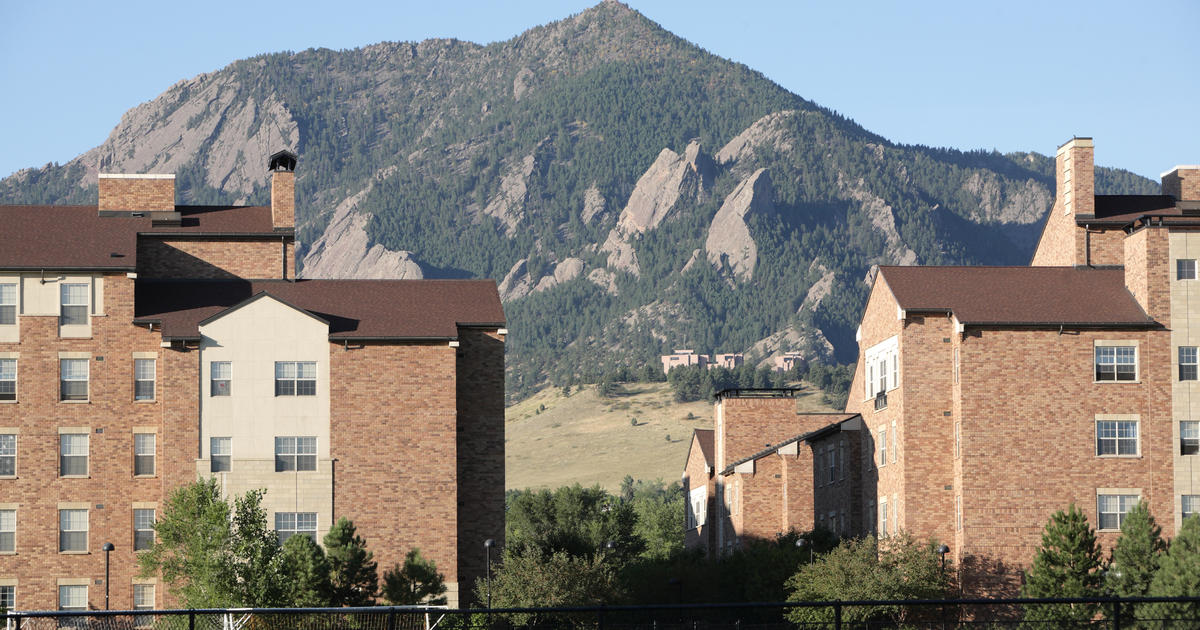CSU Researcher Finds Unusual Behavior In Colorado Bobcats
FORT COLLINS, Colo. (CBS4) - A researcher at Colorado State University has found some unusual behavior in some of Colorado's bobcats.
Once an adult cat finds a home, it generally stays in that area, but some bobcats are doing something unusual by taking some long trips.
CSU graduate student Jesse Lewis and wildlife biologist spent the last 2 years studying Colorado's bobcats.
"We would expect bobcats to have a fairly defined territory and then to maintain that territory for a long period of time," Lewis said.
He says several of the bobcats traveled much farther than normal. One bobcat Lewis was tracking traveled from Boulder all the way to the Continental Divide and back.
"He spent about a month and a half west of Boulder. And then he traveled approximately 20 miles to the west and spent the spring, summer and fall south of El Dora Ski Area and just east of the Continental Divide," Lewis said. "He subsequently returned this past Thanksgiving and is currently spending his time west of Boulder."
Another traveled from west of Boulder down to near Golden and then back to Boulder and back to Golden spending several months at each location.
"Those movements probably raise more questions. We really don't have an understanding why they would make those movements and then return."
Of 20 bobcats with GPS collars four of them travel like that. They are all adult males, older than juveniles who researchers might expect to travel to find new territory.
Using the GPS collars and hidden cameras to track the bobcats is part of a bigger study of the interactions among bobcats, housecats and mountain lions along the Front Range.
CSU and Colorado Parks and Wildlife want to see how the animals may be spreading diseases among each other.



